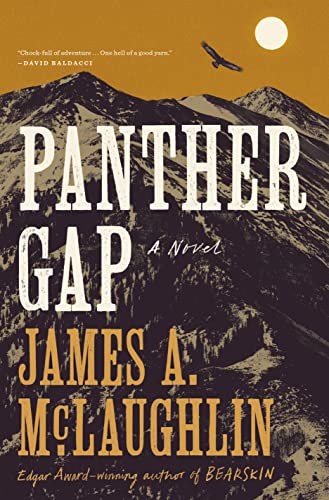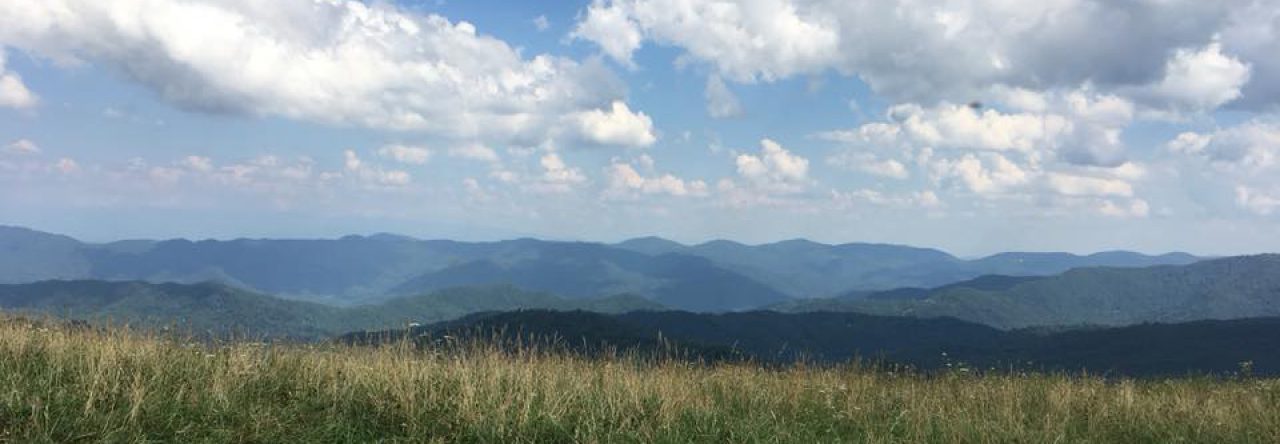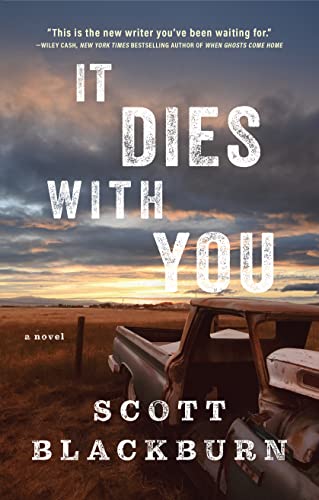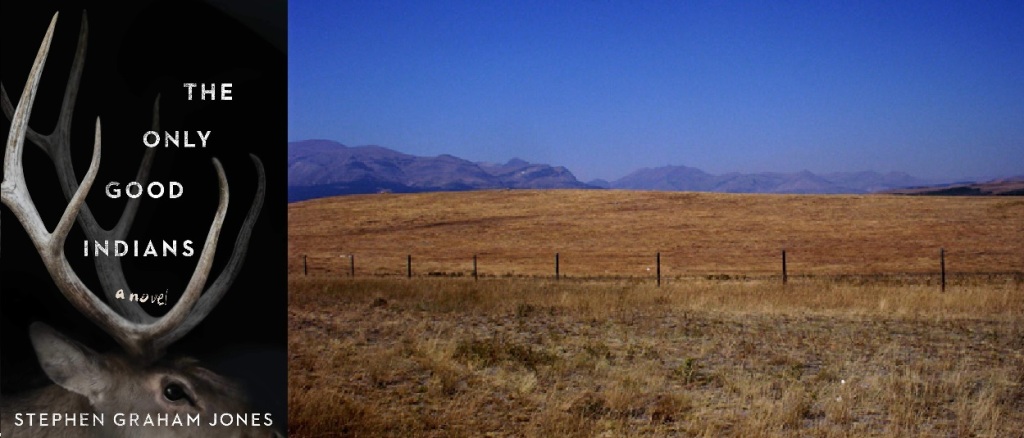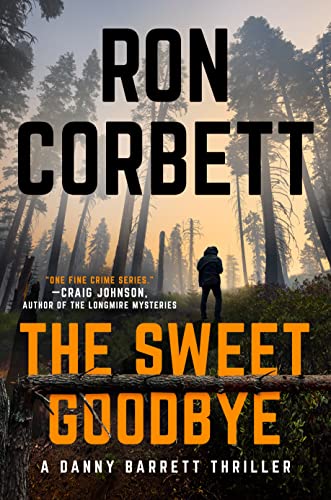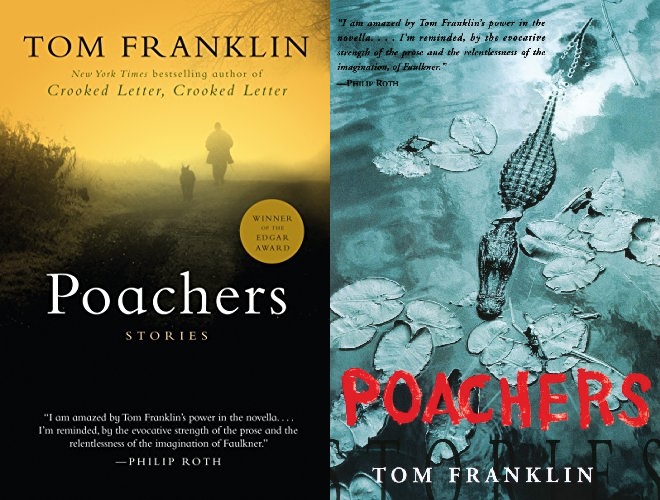James McLaughlin’s debut novel Bearskin was one of my favorite books from a few years ago, so of course I jumped on his follow-up Panther Gap.
Siblings Bowman and Summer were raised by their father and two uncles on a remote Colorado ranch. They react differently to his radical teachings and the confusions of adolescence. As young adults, they become estranged but are brought back together in their thirties by the prospect of an illegal and potentially dangerous inheritance from their grandfather. They must ultimately reconcile with each other and their past in order to defeat ruthless criminal forces trying to extort the inheritance.
